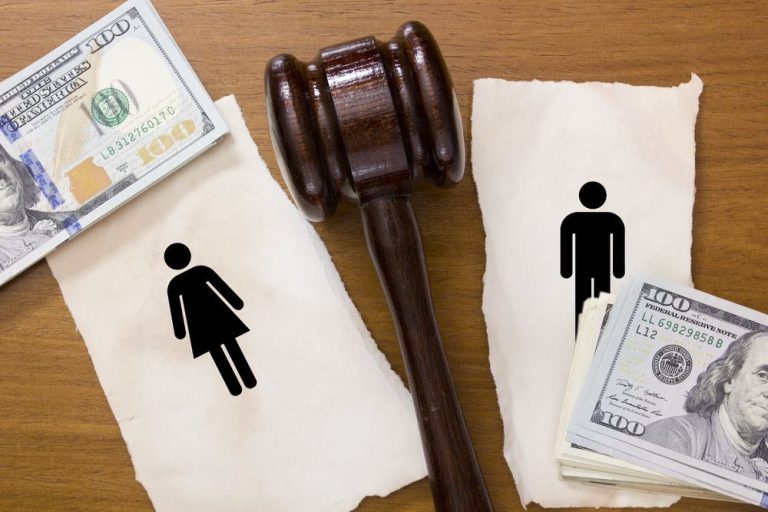Should You Stay Friends with a Friend Who Cheated?
Discovering that a friend has cheated on their partner can leave you in a moral dilemma. You’re torn between loyalty to your friend and your own values about honesty and integrity. It’s a complicated situation that many of us have found ourselves in at some point. While some might shrug it off as none of their business, others may feel the weight of betrayal — even if they weren’t directly involved.
The real question is: should you stay friends with a friend who has cheated? This decision isn’t black and white, and it depends on your personal values, the nature of your friendship, and how the situation has affected you. Let’s break it down, keeping things as real and human as possible.

Understanding the Complexity of the Situation
First off, it’s important to acknowledge that cheating is a highly personal and emotional issue. When a friend cheats, they often justify it in various ways. Maybe they claim their relationship was already broken, or perhaps they were going through something personal that led them down this path. While none of this makes cheating okay, understanding the context can help you figure out how to navigate your friendship afterward.
Take this scenario: your best friend confesses to you one night, teary-eyed, that they’ve been cheating on their partner for months. You’re in shock. You know their partner, have hung out together, and now you feel complicit in their betrayal just by knowing. Do you confront them? Distance yourself? Or, do you listen and support them through this difficult time?
The complexity comes from the fact that your friend likely wasn’t cheating to hurt you or anyone else. They’re human and made a mistake. The real question becomes how much this mistake impacts your trust and how you see them moving forward.
Read Also: How to Handle False Accusations of Cheating in a Relationship
Can You Still Trust Them?
One of the biggest issues in deciding whether to stay friends with a cheater is trust. Friendship, like any relationship, is built on mutual trust and respect. If your friend has lied and deceived someone they love, it’s only natural to wonder if they’re capable of doing the same to you.
Imagine you’ve been friends with this person for years. You’ve always trusted them to be there for you, but now, this new information makes you second-guess their integrity. You ask yourself, “If they can lie to their partner, could they lie to me?” This doubt can create a wedge in your relationship, even if they haven’t done anything directly to harm you.
It’s important to have an honest conversation with yourself about how much their behavior has impacted your view of them. Can you look past this, or does it change how you see your friend? Do you feel comfortable continuing the friendship, knowing what they’re capable of?
A Look At Loyalty and Morality
Another major factor in deciding whether to stay friends is how this affects your moral compass. For some people, cheating is a dealbreaker. You might feel that being friends with someone who cheats means you’re condoning the behavior, even if you don’t say it out loud.
On the other hand, life isn’t always black and white. People make mistakes. Some friendships can withstand these moral complications because of the bond you’ve built over the years. Maybe you’ve seen your friend at their worst, helped them through breakups, and understand the inner turmoil they’re going through now. Does this give them a pass, or do you hold them accountable?
In one scenario, you might feel like you can remain friends but set boundaries. For example, you could make it clear that while you love and support your friend, you don’t agree with their actions. This creates an open dialogue about your values without completely cutting off the friendship.
If you choose to remain friends, accountability is key. It’s one thing to understand that your friend made a mistake, but it’s another to watch them continue hurting people without remorse. If your friend shows no signs of regret, that could be a major red flag.
Consider this: your friend cheated, confessed to you, and shrugged it off like it wasn’t a big deal. They continue to deceive their partner and don’t seem interested in making things right. In this case, sticking by their side could feel like enabling toxic behavior. This might lead to feelings of resentment or guilt on your part.
Conversely, if your friend shows genuine remorse, tries to make amends, or even comes clean to their partner, that might change your perspective. It shows growth and a willingness to take responsibility, which could help you preserve the friendship despite the mistake.
When Digital Investigators Get Involved
In today’s world, uncovering infidelity isn’t as hard as it used to be, thanks to technology. Digital investigators such as Cyberhacks, who analyze online footprints like social media interactions, texts, and emails, often play a pivotal role in uncovering the truth behind cheating scandals. Perhaps your friend’s partner has already hired a digital investigator and uncovered the affair. Now you’re not just caught in the middle of a moral dilemma, but there’s undeniable proof of their wrongdoing.
Digital investigators can also help your friend come clean. For example, if your friend is struggling with whether to confess, knowing that their partner is on the verge of finding out through digital evidence might push them toward honesty. In some cases, this external pressure can bring clarity to a messy situation. By recognizing that their digital footprint can’t hide the truth forever, your friend may start taking steps toward accountability.
The role of digital investigators can be positive not just for the victim of the cheating, but for the cheater as well. Being confronted with hard evidence often leads people to face their mistakes head-on, which could result in personal growth — and in turn, make it easier for you to decide whether to stay friends or part ways.
If you decide to remain friends, setting boundaries is essential. Let your friend know how their actions have affected you and what you expect from the friendship moving forward. You might need some space, or you may not feel comfortable being around their partner knowing what’s going on behind the scenes.
In contrast, if you decide that the friendship no longer aligns with your values, it’s okay to step away. Friendships should be built on trust, respect, and mutual support. If you feel that these fundamentals have been compromised beyond repair, it’s better to walk away than to remain in a friendship that doesn’t serve you.







